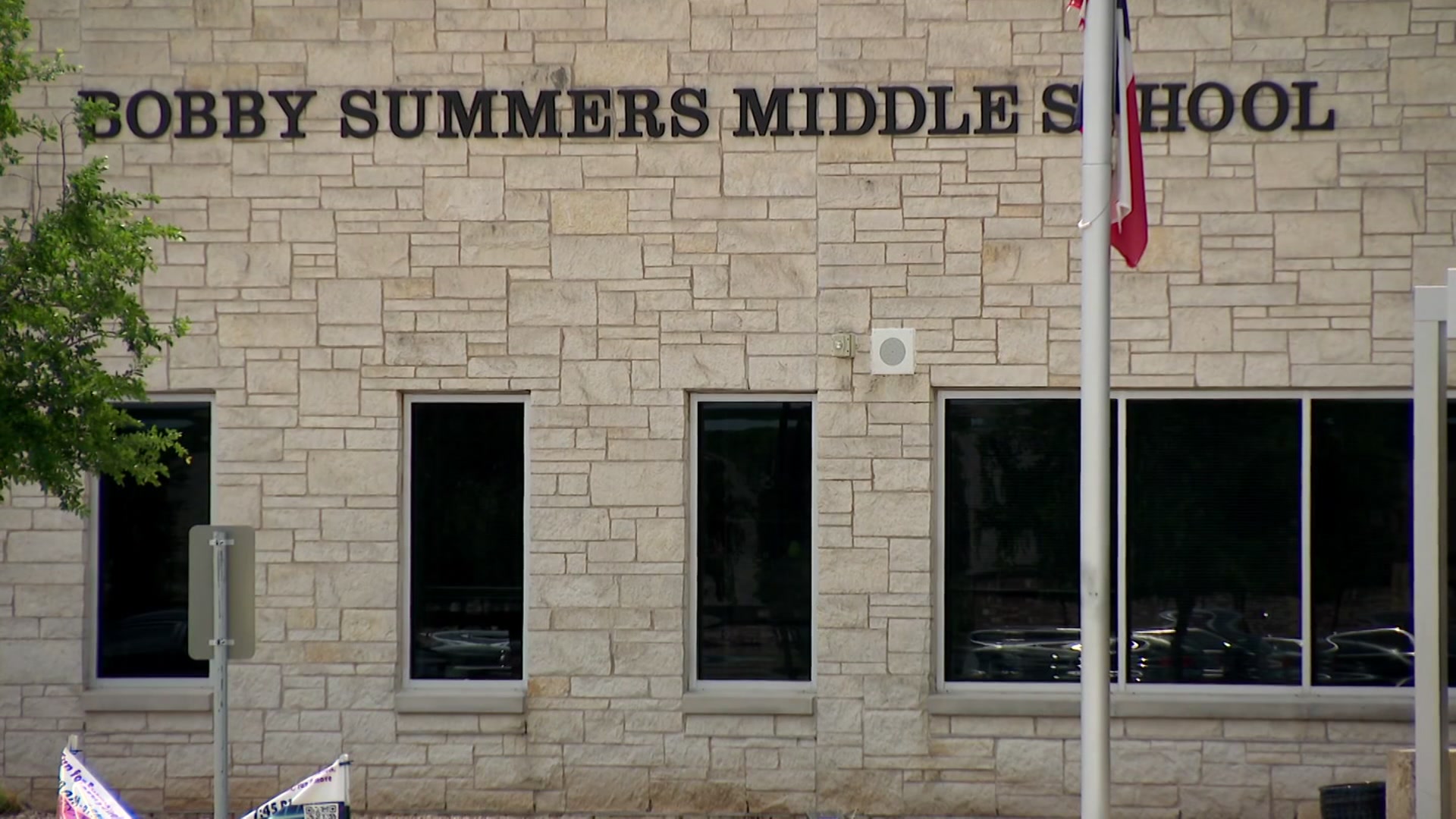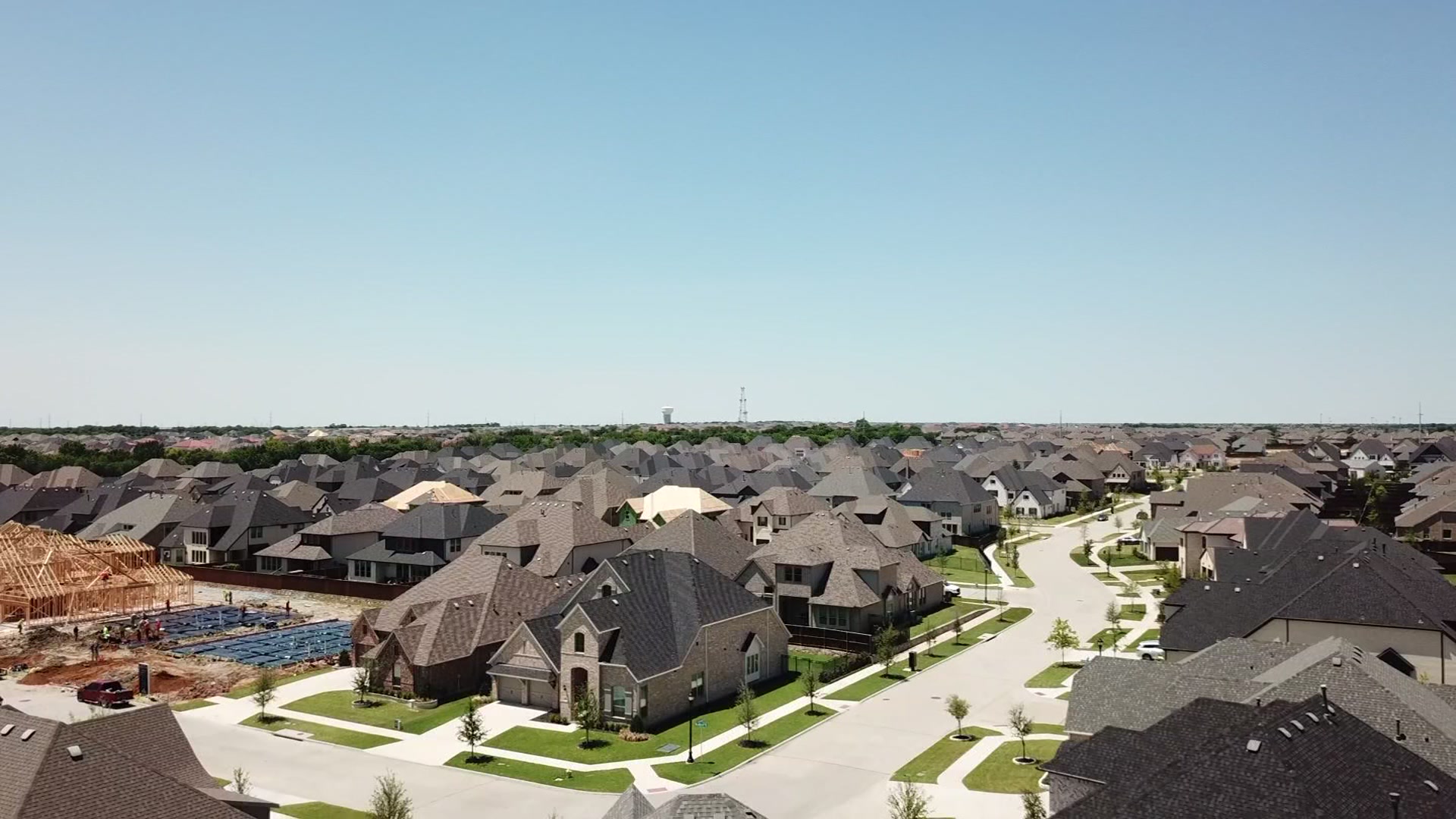Grapevine Police are warning residents of scammers on the move throughout North Texas.
Grapevine Police are warning residents of scammers on the move throughout North Texas.
Police say repair crews – some who might not have good intentions – have been knocking on doors in the last couple of days.
Watch NBC 5 free wherever you are
Not all of them are up to no good but experts say it can be really common for fraud to happen during desperate times after a storm.
Grapevine police tweeted an alert on Thursday, in an effort to prevent anyone from becoming a victim of fraud.
Get top local stories in DFW delivered to you every morning with NBC DFW's News Headlines newsletter.
The North Central Texas Better Business Bureau always sounds the alarm on these issues after every storm. They say any weather event can bring about unscrupulous contractors, sometimes referred to as "storm chasers.”
BBB also has these specific tips for victims of the storm:
Local
The latest news from around North Texas.
Contact your insurance company. Ask about your policy coverage and specific filing requirements. Save all receipts, including those for food, temporary lodging, or other expenses that may be covered under your policy. Your insurance company may also have recommended contractors.
Do your research. Find businesses you can trust on BBB.org. Check your local city government agency responsible for registering and/or licensing contractors. Get references from friends and relatives.
Resist high-pressure sales. Some storm chasers use tactics such as the “good deal” you’ll get only if you hire the contractor on the spot. Be pro-active in selecting a contractor and not re-active to sales calls on the phone or door-to-door pitches. Disaster victims should never feel forced to make a hasty decision or to choose an unknown contractor.
Be especially careful of door-to-door contractors. Many municipalities require a solicitation permit if sales people go door-to-door. Ask for identification. Check their vehicle for a business name, phone number, and license plates for your state.
Don’t sign over insurance checks to contractors. Get an invoice from the contractor and pay them directly (preferably with a credit card, which offers additional fraud protection over other forms of payment). Don’t sign any documents that give the contractor any rights to your insurance claims. If you have questions, contact your insurance company or agent.
Be wary regarding places you can’t see. While most contractors abide by the law, be careful allowing someone you do not know to inspect your roof and other areas of your house. An unethical contractor may actually create damage to get work. The same goes for attics, crawl spaces, ducts, and other places you cannot easily access or see for yourself.
BBB is also warning contractors to beware of storm chasers who offer to pay local construction companies substantial amounts of money to use the business’s established name, reputation, and phone. They masquerade as a local business, collect the insurance money and then move on, leaving the real business to deal with unsatisfied customers due to bad workmanship, unfinished work, or unfulfilled warranties.



